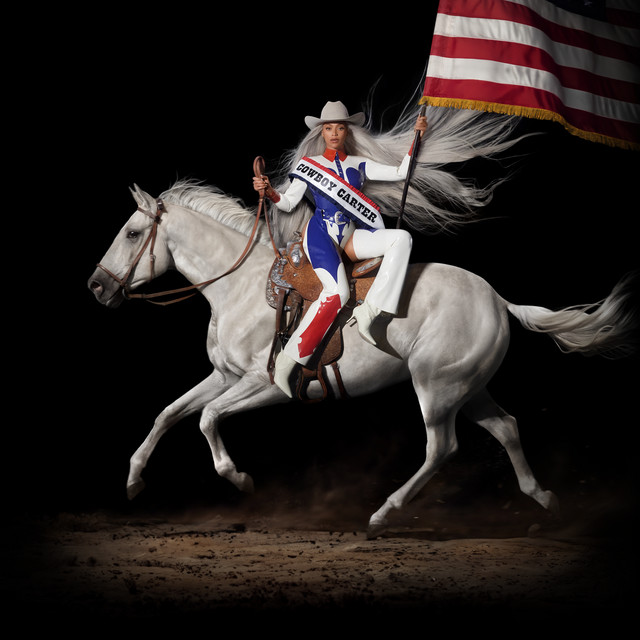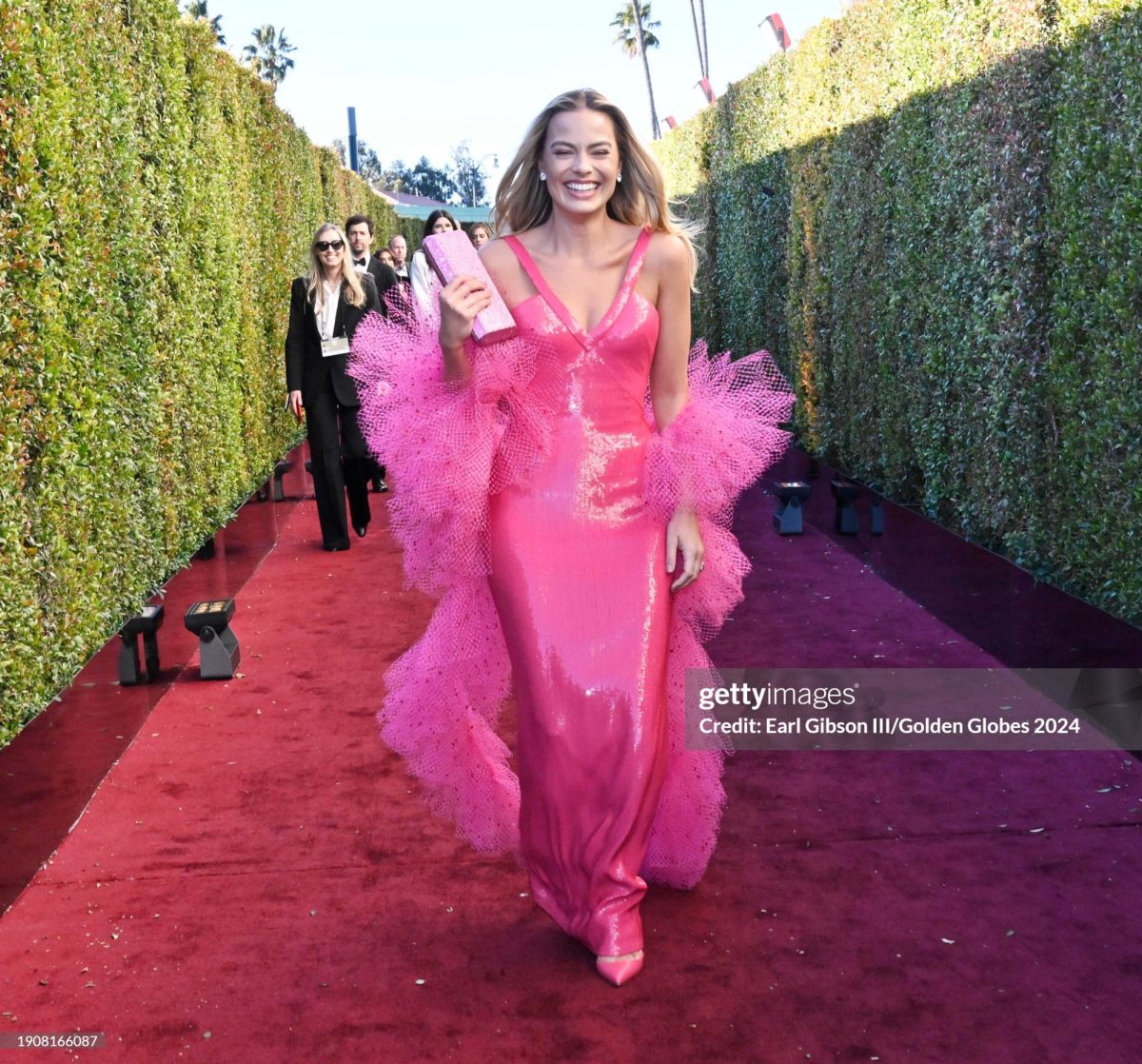Ninety-nine Grammy nominations and thirty-five wins, the most for any musical artist in history. Beyoncé Knowles-Carter has been nominated for Album of the Year five times; in 2010 for I Am… Sasha Fierce, 2015 for her self-titled album, Beyonce, 2017 for Lemonade, 2023 for Renaissance, and finally this year for Cowboy Carter. Every single one of these albums were able to accomplish widespread critical acclaim and significant cultural influence. However, Knowles has only won in this category once, this year, for Cowboy Carter.
Every year audiences watch the Grammys and are reasonably disappointed when their favorite artist loses a category that they believe they deserve. The most competitive category, Album of the Year, is the source of intense debate. There’s rarely a case where everyone is pleased with the album the Recording Academy elects to receive the prestigious award. It’s true that there have been cases in the past where certain winners have been met with moderate backlash, however the backlash to Beyoncé winning her first Album of the Year is unlike anything seen before.
Many people having been posing the question, “What makes Cowboy Carter deserving of Album of the Year?”, this statement is often followed by, “Why did Cowboy Carter win when I haven’t even heard it before?” The truth of the matter is that the recipient of an Album of the Year Award isn’t solely decided by the popularity or sales of an album; the albums are judged on their artistic integrity, the artist’s willingness to take risks, and the significance of the complete body of work.
The people who are fiercely frustrated by Cowboy Carter receiving the Album of the Year Award at the Grammys have either never cared to listen to the album, carry a blind hatred towards Beyoncé, or completely disregard the context and story behind the album. Knowles’ Cowboy Carter is her reclaiming a genre heavily stereotyped as a “white genre” and exploring the erased history of black people in country music all while bending genres in order to demonstrate that artists shouldn’t feel restricted by their genre.
Many fans were disappointed when, in 2016, Knowles’ country song “Daddy Lessons” from her highly acclaimed album “Lemonade” was excluded from country music categories at that year’s Grammys. She also performed the song with The Dixie Chicks at the Country Music Awards telecast that very same year, which resulted in intense racist backlash, and hoards of people online declaring her “anti-American.” The CMAs quickly scrubbed all mention of Knowles’ involvement from their social media.
In Knowles’ Instagram announcement post for Cowboy Carter, she referred to her experience at the 2016 Country Music Awards as “an experience that I had years ago where I did not feel welcomed … and it was very clear that I wasn’t,” she explained, “…the criticisms I faced when I first entered this genre forced me to propel past the limitations that were put on me… [Cowboy Carter] is a result of challenging myself, and taking my time to bend and blend genres together to create this body of work.”
Almost a decade later in “American Requiem”, the opening track to Cowboy Carter, she sings about the push back she received in the country music scene; “They say I spoke ‘too country’,/Then the rejection came, said I wasn’t country ‘nough./Said I wouldn’t saddle up/But if that ain’t country, tell me, what is?/Plant my bare feet on solid ground for years./They don’t, don’t know how hard I had to fight for this,/When I sing my song.”
In Cowboy Carter, specifically in the interlude “The Linda Martell Show” and in the introduction to “Spaghetti”, Knowles includes the voice of Linda Martell, the first Black woman to be commercially successful within the country music industry. Linda Martell was hugely successful; however, she felt her label, Plantation Records, was mistreating her when compared to their white artists. When she tried to part ways with the label, she was unable to and was affectingly blackballed from the industry for the rest of her career.
There are countless other thoughtful references to black history in Cowboy Carter, such as her cover of “Blackbird”. The original Beatles classic was written by Paul McCartney following the 1957 “Little Rock Nine” integration at Little Rock Central high school, where nine Black teens were met with violent opposition whilst trying to integrate into the school. Knowles’ cover of The Beatles’ hit encourages listeners to explore the history of the “Little Rock Nine”. In her cover, Knowles also features the voices of up-and-coming Black country music artists, such as Reyna Roberts, Tiera Kennedy, Brittney Spencer, and Tanner Adell.
Knowles herself declared in the Instagram announcement post for Cowboy Carter; “This ain’t a country album, this is a Beyoncé album.”, and when “Texas Hold ‘Em” hit #1 on the Hot Country Chart, she stated, “That would not have happened without the outpouring of support from each and every one of you. My hope is that years from now, the mention of an artist’s race, as it relates to releasing genres of music, will be irrelevant.” When casting their votes for Album of the Year, the members of the Recording Academy took all of this into careful consideration when casting their votes for Cowboy Carter. While the other nominees might’ve held the highest sales or chart placements, Cowboy Carter and its significance to black history in country music and its profound impact in the music industry when pertaining to the limitations that genres have on artists ultimately caused it to win over it’s competitors.













